
Change is hard for all of us, myself included. In this new series, I’ll be sharing daily mediations on transition, change, reinvention. Look out all you rock and rollers, turn and face the strange.
# # #
It’s empowering to know that we are the architects of any changes in our life.
The fact that transition is a workshop to create a more rewarding existence is a wonderful thing. Each of us can exploit the changes that have already occurred and use them as opportunities.
Okay, that’s the upside.
Now let’s talk about a key downside of transition.
Adjusting to change gives rise to stress. Easing the dread of our new and unfamiliar circumstances takes significant psychic energy.
And so, during our periods of change, we need to pace ourselves. One thing at a time. Creating conditions for our own sustainable happiness needs to include patience and proportion. Because if we try to make these life changes at once, we’ll get overwhelmed and want to quit.
I remember one weekend in college trying to catch up on years of neglected goals in one week. Didn’t work out so well. I should have been doing a little bit each day during the semester, rather than compressing all my delinquent tasks into one spring break staycation.
Have you ever made that miscalculation? When your eyes were bigger than your stomach?
We’re all guilty of this mistake. We eat like elephants and shit like birds, and then wonder why we’re so constipated.
But here’s the thing nobody tells us about transition.
We need enough time to process the all changes take place inside of us. We need to rest a while to consolidate and get used to these new routines.
If we don’t take the chance to get a little more familiar with our new reality, we’ll feel disconnected from it.
It truly is a grieving process. And we don’t get to decide when it’s over.
Ask anyone who’s ever been laid off in a down economy. People not only lose their livelihood, but also one of the most important continuities in their life.
My friend’s dad lost his job as an accountant during the last recession, and he was so devastated by the loss, that he still got up every morning at the same time, showered, shaved, put on his suit, grabbed his briefcase, and just sat at the kitchen table all day long.
It broke my heart to hear that story, but it kind of made sense.
When change makes us feel like a piece of reality is gone, we do whatever we have to do to survive. We convince ourselves that what we thought was reality wasn’t simply an enchantment.
Oof, transitions are tricky, aren’t they?
It’s like, we want to motivate ourselves, but we forget to pace ourselves. And there’s no handbook about the journey of what it means to live sustainably.
If recent changes have sent you into a spiral of disorientation right now, honor your energy level. Pace yourself accordingly.
LET ME ASK YA THIS…
If you feel exhausted, might that be because you’re fighting against yourself?
* * * *
Scott Ginsberg
That Guy with the Nametag
Author. Speaker. Strategist. Inventor. Filmmaker. Publisher. Songwriter.
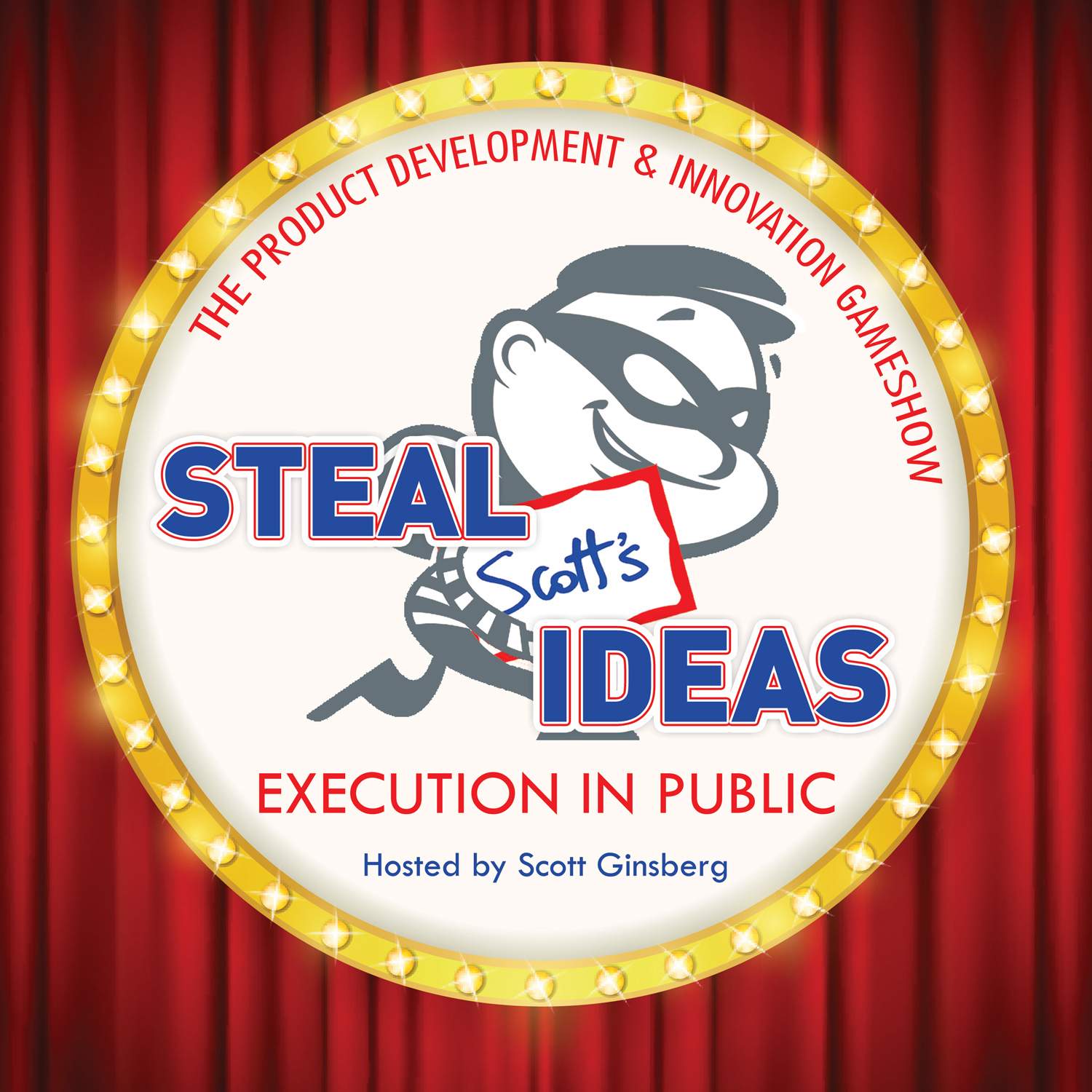 It’s the world’s first, best and only product development and innovation gameshow!
It’s the world’s first, best and only product development and innovation gameshow!
Tune in and subscribe for a little execution in public.
Join our community of innovators, artists and entrepreneurs


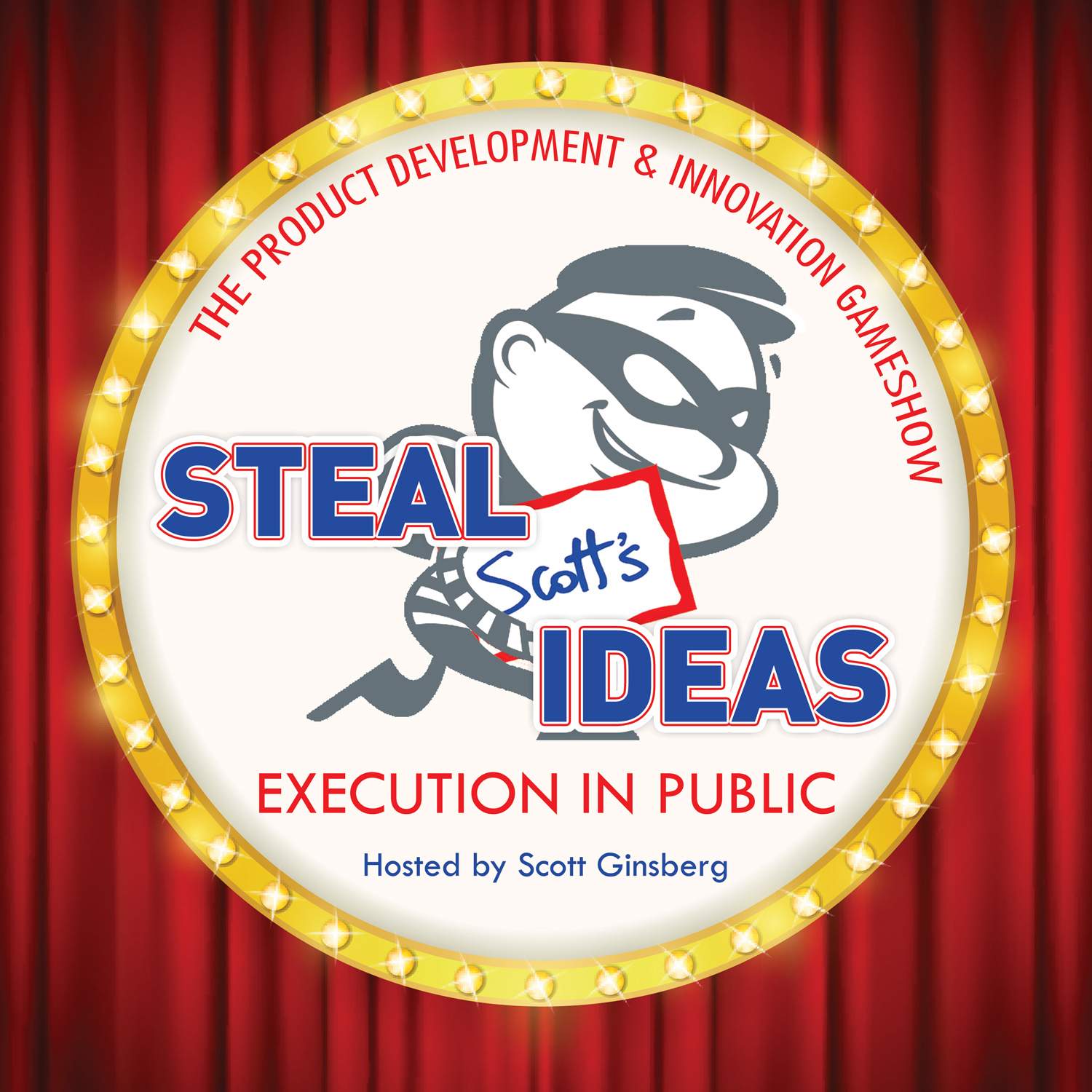 It’s the world’s first, best and only product development and innovation gameshow!
It’s the world’s first, best and only product development and innovation gameshow!
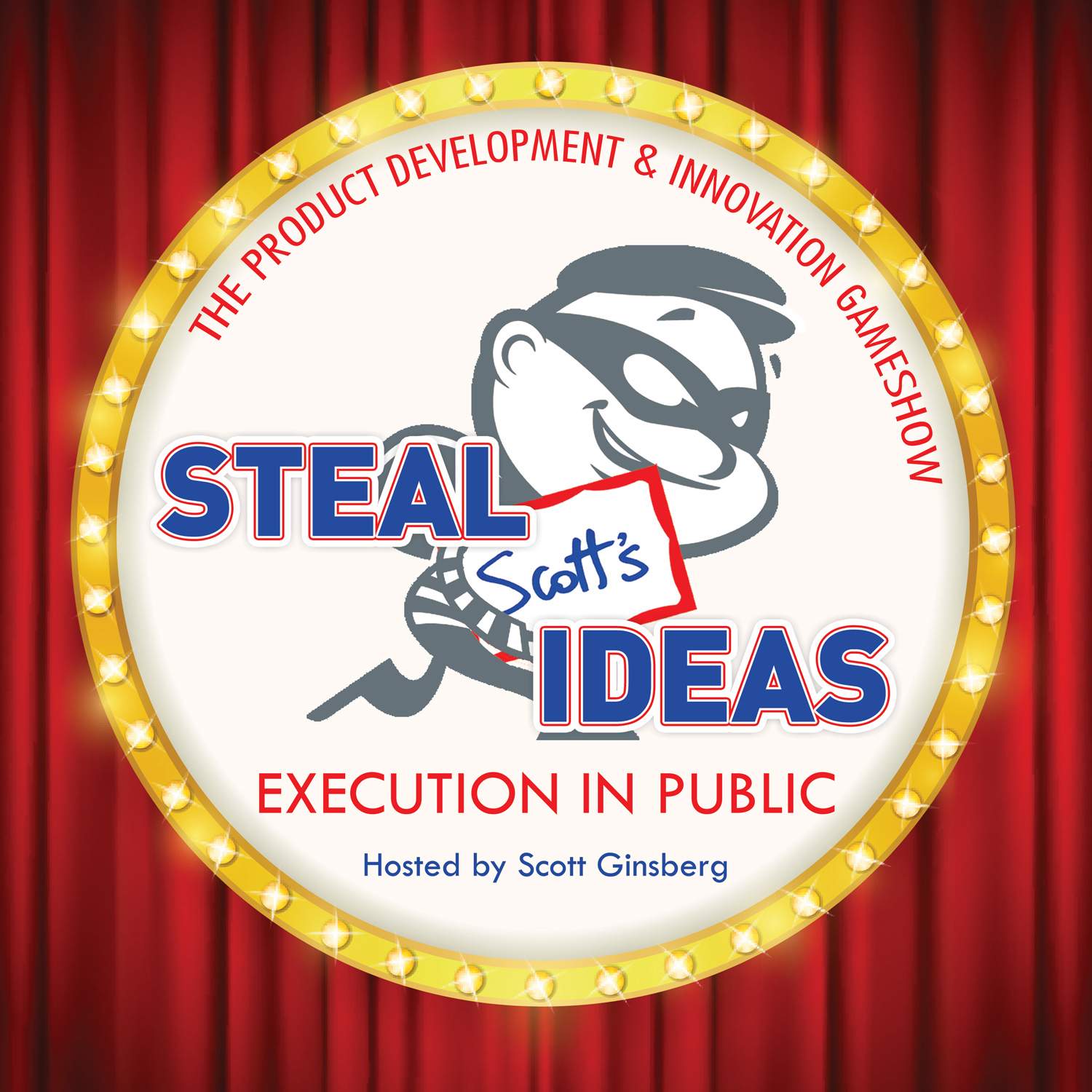 It’s the world’s first, best and only product development and innovation gameshow!
It’s the world’s first, best and only product development and innovation gameshow!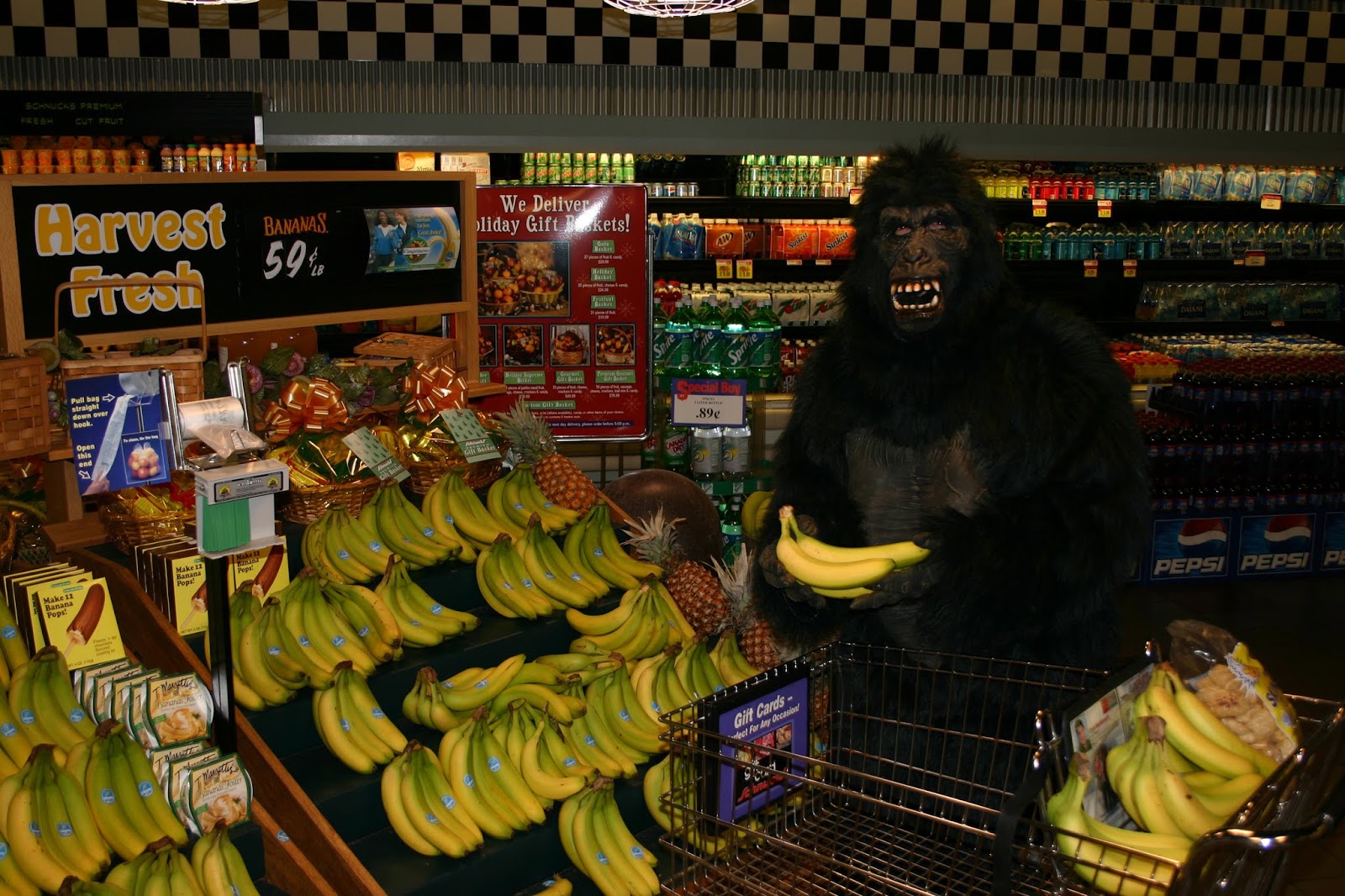
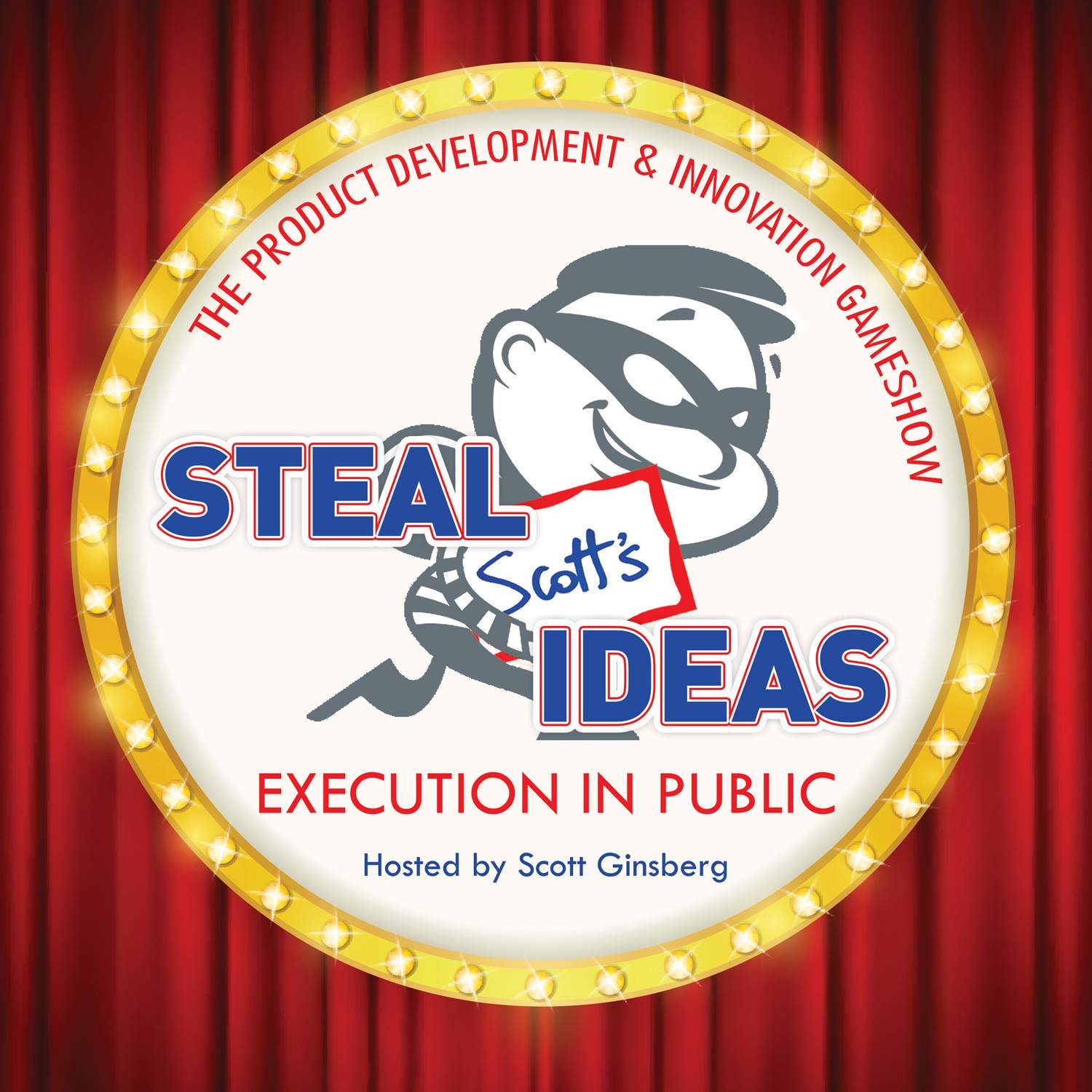 It’s the world’s first, best and only product development and innovation gameshow!
It’s the world’s first, best and only product development and innovation gameshow!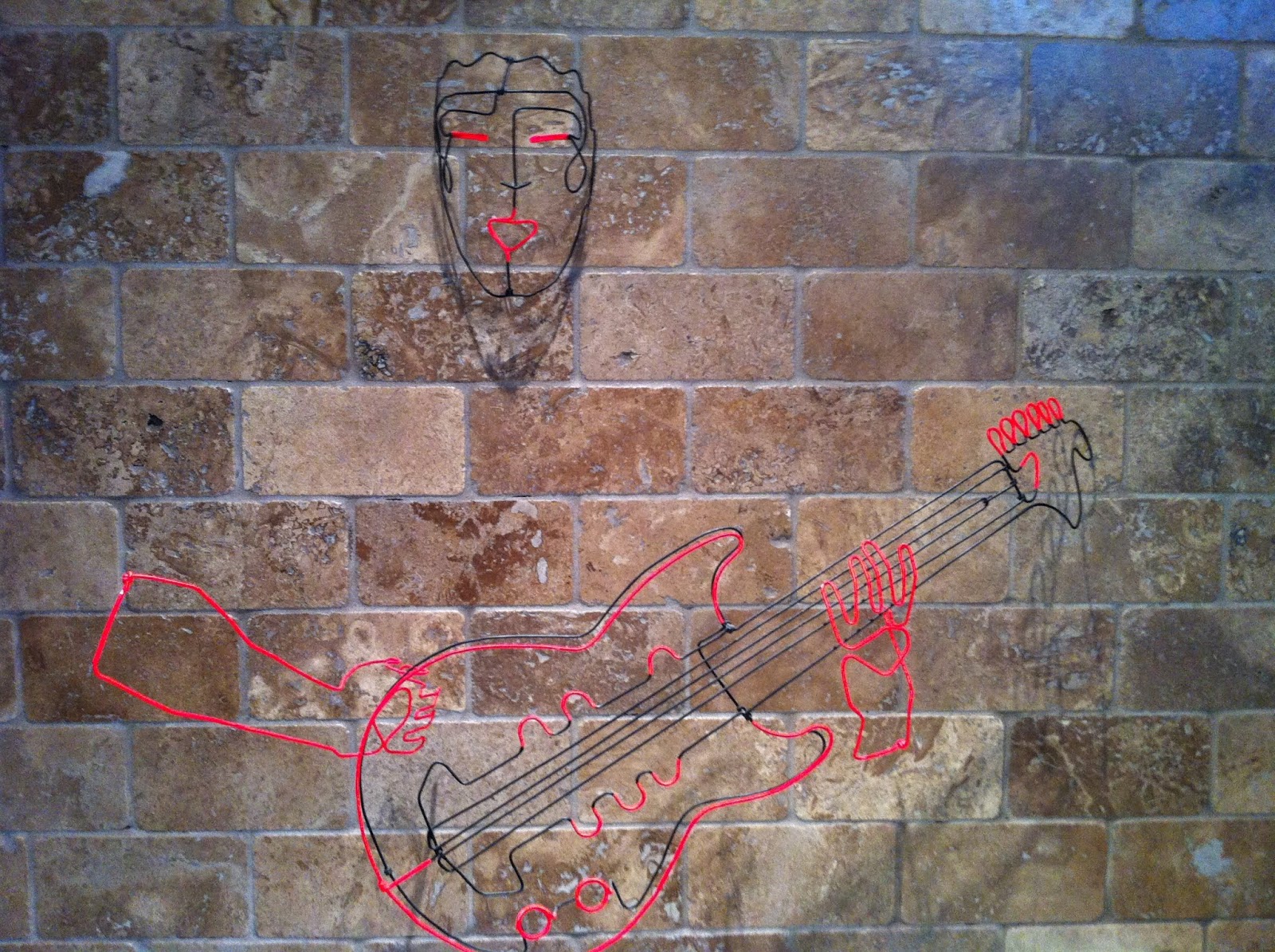
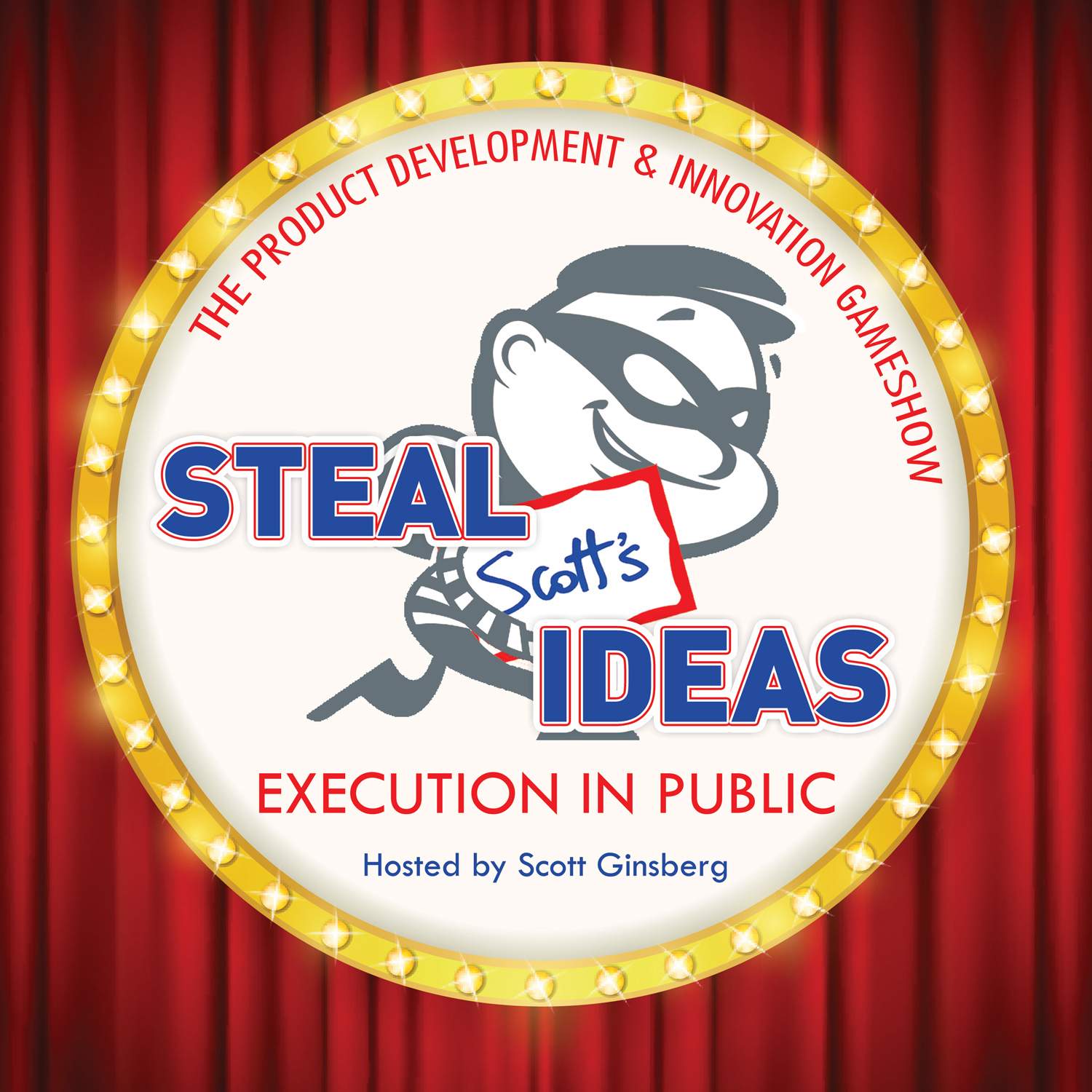 It’s the world’s first, best and only product development and innovation gameshow!
It’s the world’s first, best and only product development and innovation gameshow!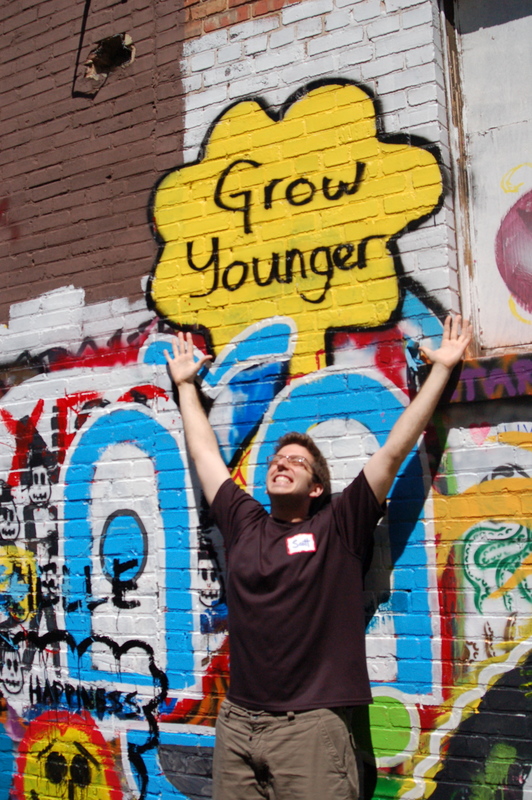
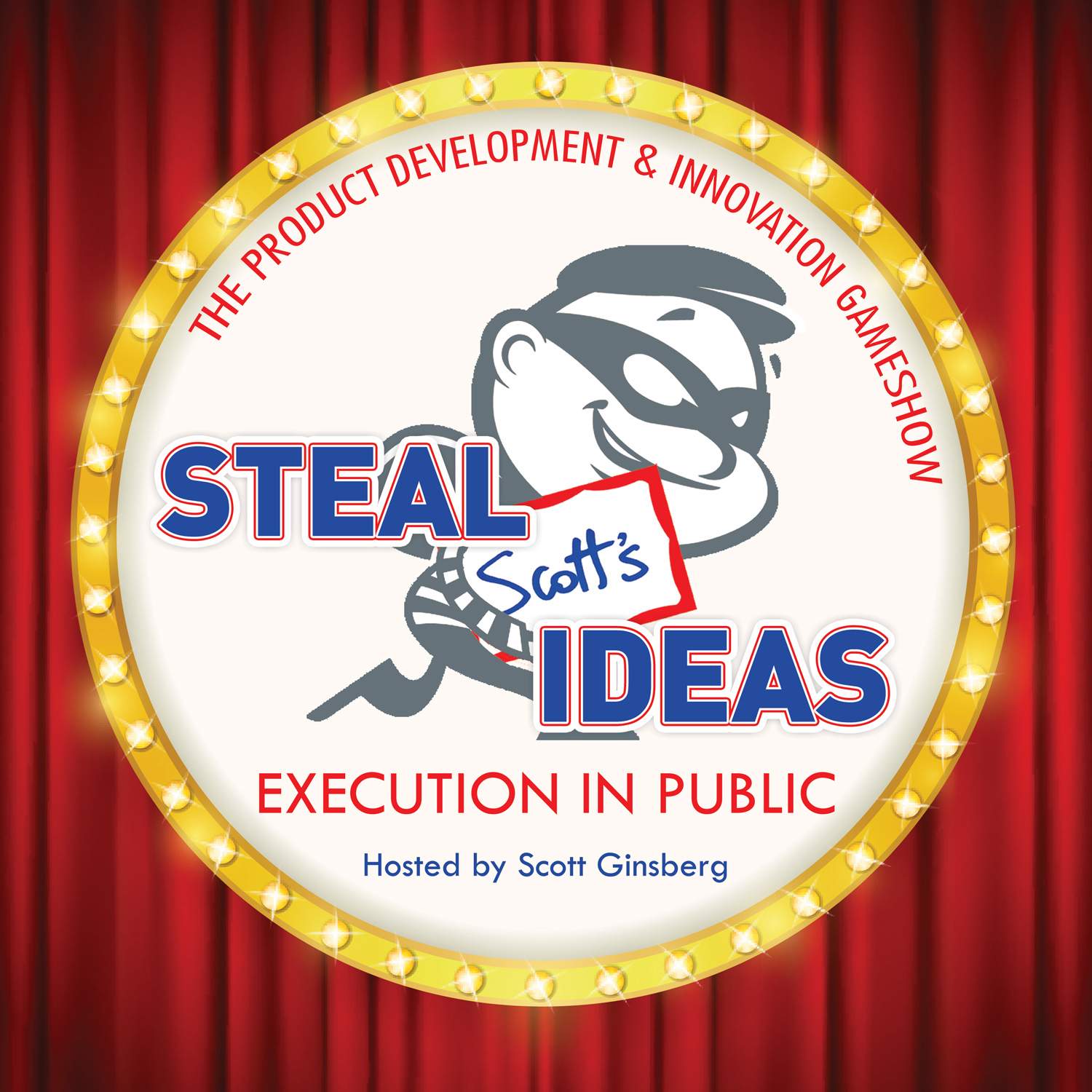 It’s the world’s first, best and only product development and innovation gameshow!
It’s the world’s first, best and only product development and innovation gameshow!
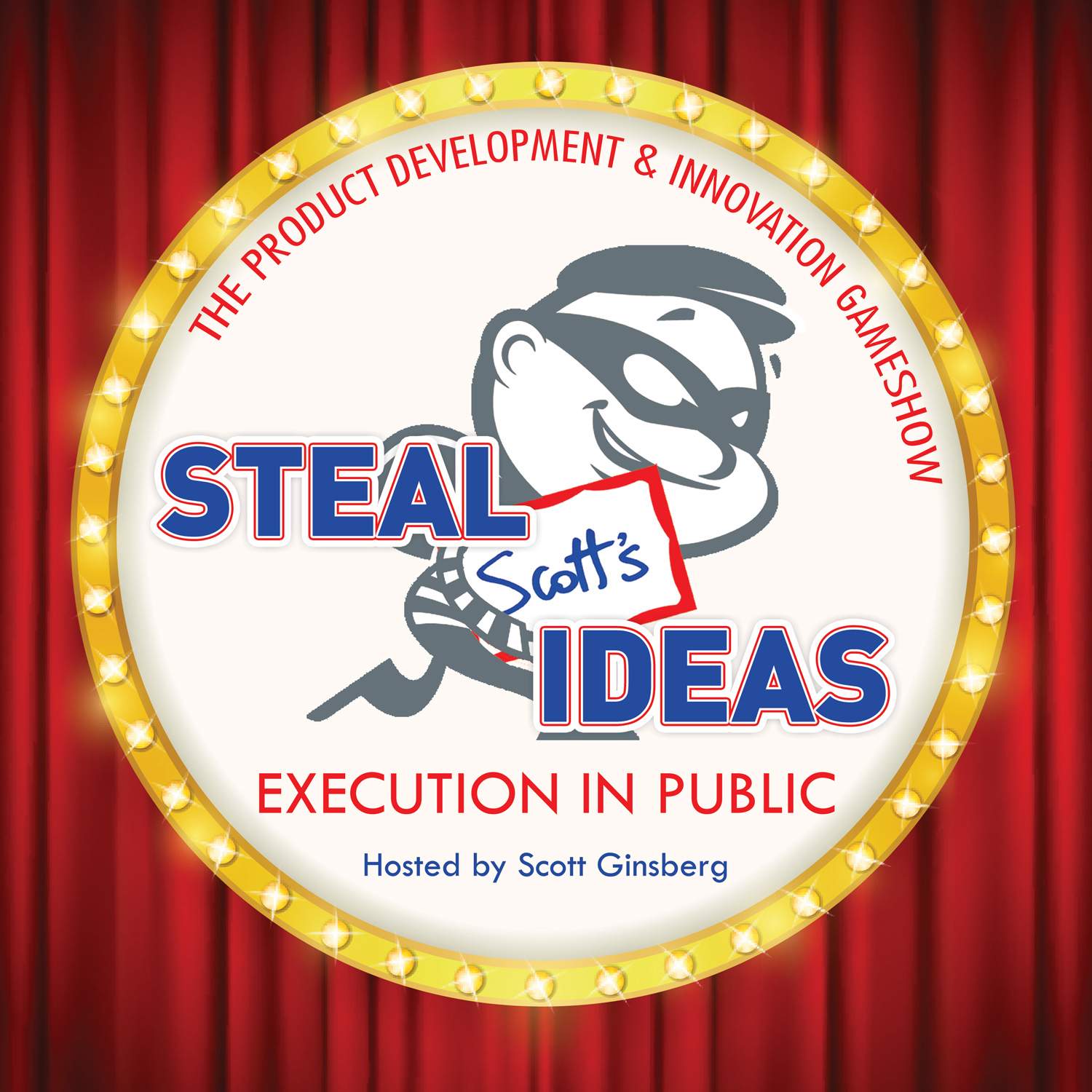 It’s the world’s first, best and only product development and innovation gameshow!
It’s the world’s first, best and only product development and innovation gameshow!
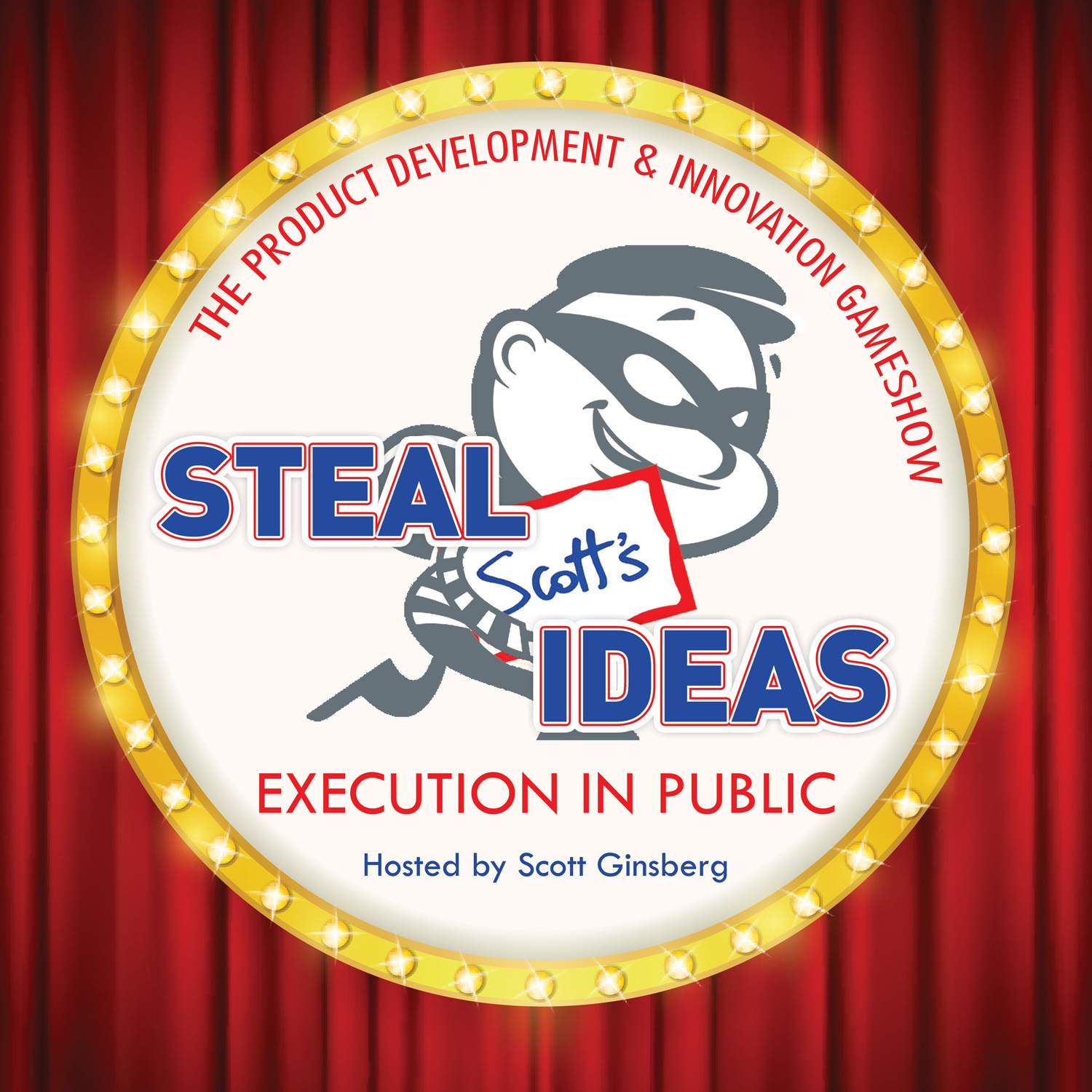 It’s the world’s first, best and only product development and innovation gameshow!
It’s the world’s first, best and only product development and innovation gameshow!